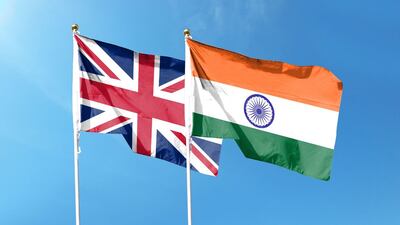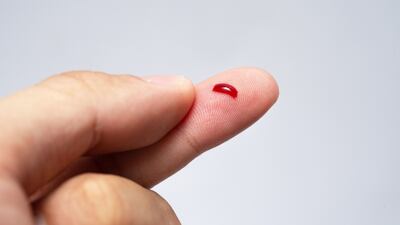The Medical Technology Association of India (MTaI), made up of multinationals with significant investments in the country, says the government of Prime Minister Narendra Modi has gone the wrong route in slashing prices of cardiac stents by more than 75% and interfering in the dynamics of the market.
The National Pharmaceutical Pricing Authority (NPPA) last month slapped price caps on stents to end what it called “exploitative pricing.” It said it wanted to make the devices more affordable...
Read the full article – start your free trial today!
Join thousands of industry professionals who rely on Medtech Insight for daily insights
- Start your 7-day free trial
- Explore trusted news, analysis, and insights
- Access comprehensive global coverage
- Enjoy instant access – no credit card required
Already a subscriber?








